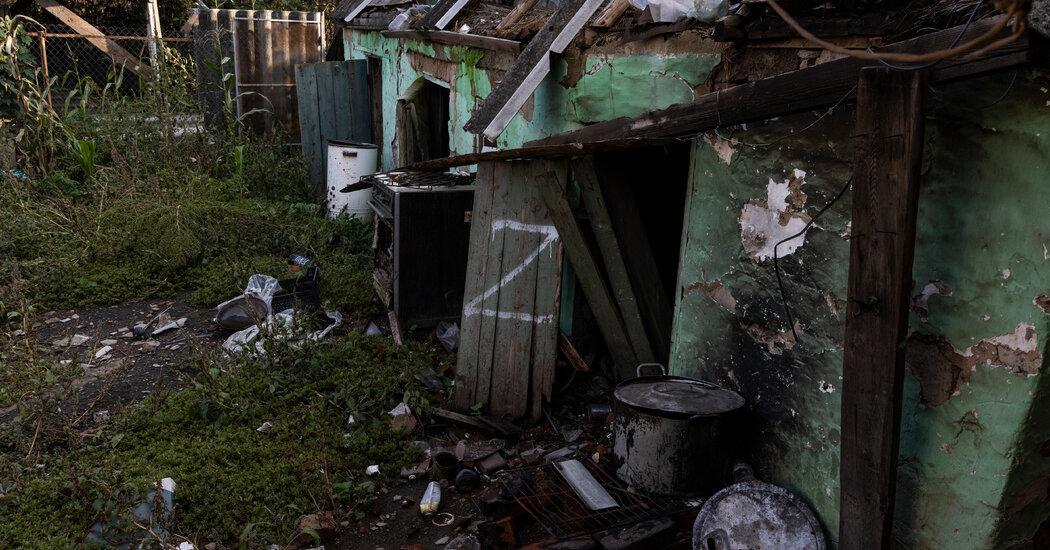The worldview behind Vladimir Putin’s invasion of Ukraine assumed the following premises: The West and America are declining, decaying and internally divided. The globalized world is becoming multipolar, with “civilization-states” re-emerging and competing to claim their spheres of influence. And Russia and China in particular represent potent alternatives to Western liberalism that stand ready to contend for global dominance. As badly as the war has gone for Putin, some of this analysis still holds up. The world has indeed responded to the Ukraine War along multipolar lines. Saudi Arabia’s snub…
Tag: Liberalism (US Politics)
Globalization Is Over. The Global Culture Wars Have Begun.
Next, I’m describing a world in which divergence turns into conflict, especially as great powers compete for resources and dominance. China and Russia clearly want to establish regional zones that they dominate. Some of this is the kind of conflict that historically exists between opposing political systems, similar to what we saw during the Cold War. This is the global struggle between the forces of authoritarianism and the forces of democratization. Illiberal regimes are building closer alliances with one another. They are investing more in one another’s economies. At the…
When Dictators Find God
What is the 21st century going to be about? If you had asked me 20 years ago, on, say, Sept. 10, 2001, I would have had a clear answer: advancing liberalism. After the fall of the Berlin Wall, the end of apartheid, Deng Xiaoping’s reforms in China, a set of values seemed to be on the march — democracy, capitalism, egalitarianism, individual freedom. Then over the ensuing decades, democracy’s spread was halted and then reversed. Authoritarians in China, Central and Eastern Europe and beyond wielded power. We settled into the…

